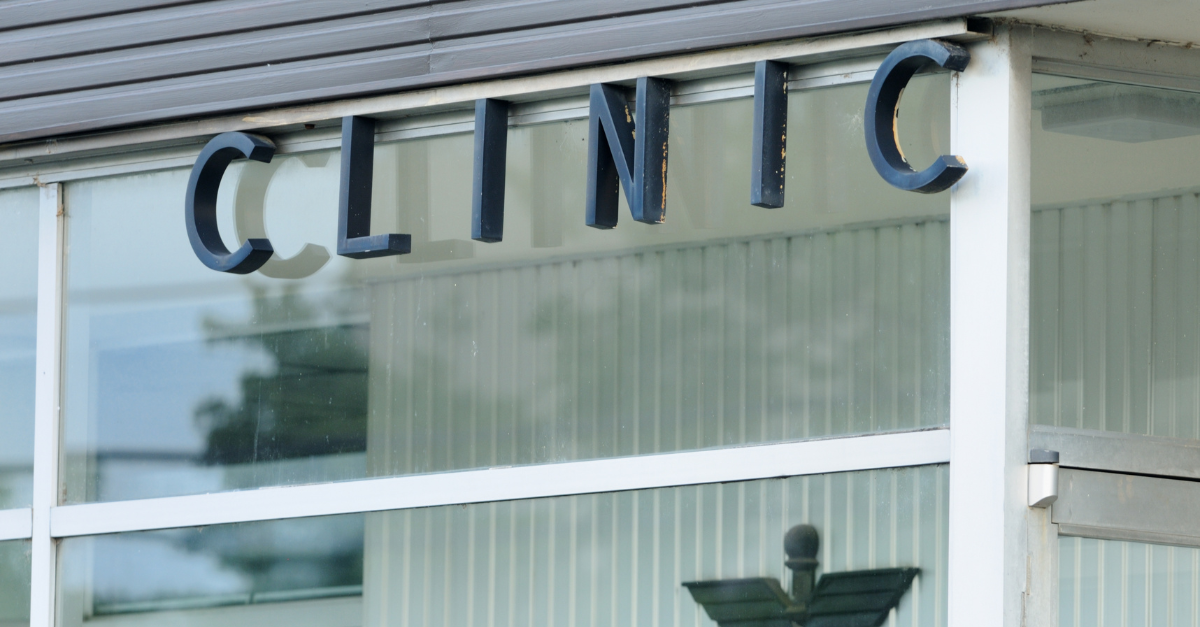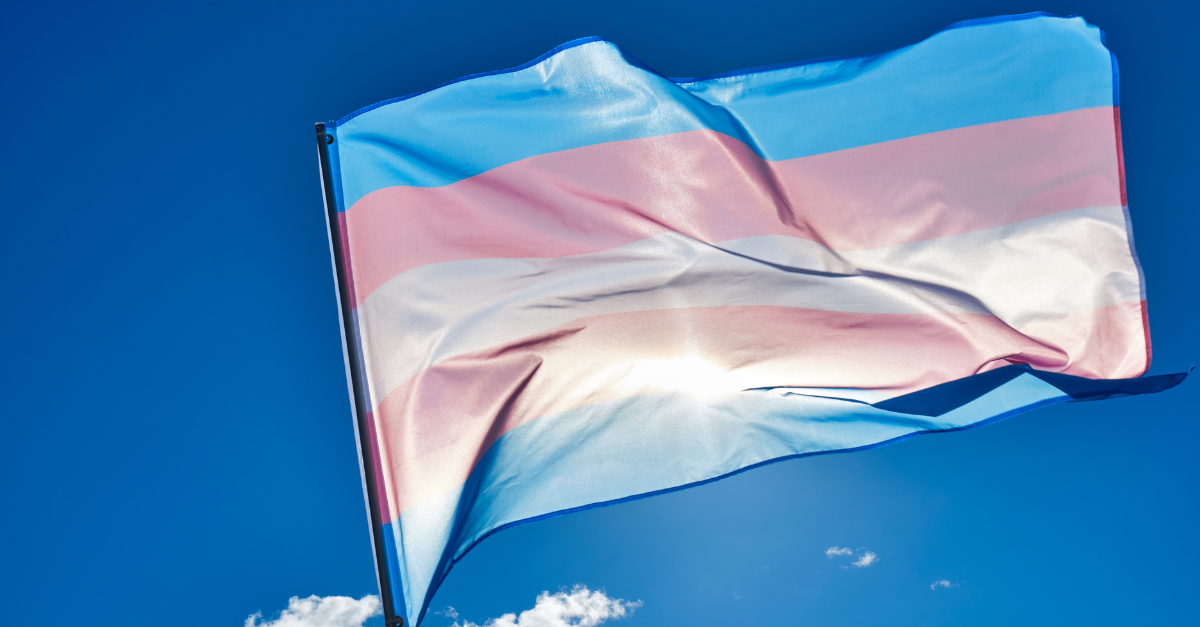NAWL Joins NWLC SCOTUS Amicus Brief in 303 Creative
JUNE 30, 2023 UPDATE - Today the majority on the Supreme Court ruled that a website designer can refuse to provide custom wedding website services to LGBTQ+ couples. This decision, while legally narrow and focused on creative and expressive services, and focused on solely the wedding website service, may be used to embolden some businesses who wish to completely turn away LGBTQ+ or other individuals based on identity. NWLC will continue to fight for LGBTQ+ rights, and the rights of all of us to be free from discrimination, including in the context of public accommodations. We must also urge the U.S. Congress to pass the Equality Act to provide more explicit federal rights for LGBTQ+ people in many critical contexts.
August 19, 2022 -- NAWL joined the National Women’s Law Center, along with law firm partner Covington & Burling LLP, and 35 additional advocacy organizations, in filing an amicus brief to the U.S. Supreme Court in 303 Creative v. Elenis. We filed in support of Colorado and its state civil rights law, the Colorado Anti-Discrimination Act (“CADA”), which prohibits businesses that serve the public from discriminating against customers based on protected characteristics, like race, sex, sexual orientation, national origin, or disability.
This lawsuit was brought by a website design company, 303 Creative LLC, and its owner, Lorie Smith. They want to begin offering wedding website design services to the public, but only if they can refuse to design the websites for LGBTQ couples and post an announcement that they plan to turn away LGBTQ couples. However, denying service to customers based on their sexual orientation, and advertising an intent to do so, is illegal under CADA. The company and its owner sued to challenge the law by claiming it violates their First Amendment rights. After the district court and appeals courts both rejected their arguments, they appealed to the U.S. Supreme Court, which will now decide whether they can turn customers away based on sexual orientation or other protected characteristics.
Our amicus brief explains why the Supreme Court must not allow businesses to violate public accommodations laws merely because they claim a “free speech” right to discriminate against customers. In practice, creating such a broad exemption from anti-discrimination laws would mean that any business could deny service to any customer based on their identity, unraveling vital legal protections and decades of progress. Our brief highlights the importance of public accommodations laws and the wide-ranging harms that would be caused by allowing these kinds of exceptions, particularly for LGBTQ people, women, and people of color.
To learn more, check out NWLC blog post.





